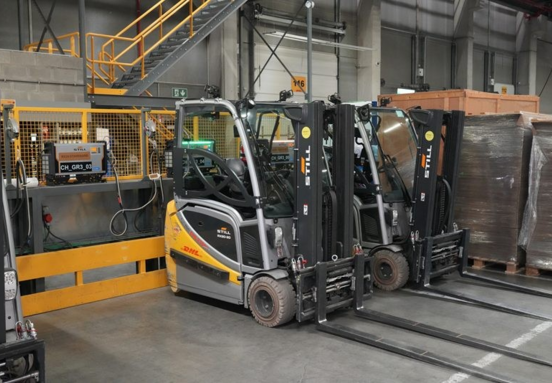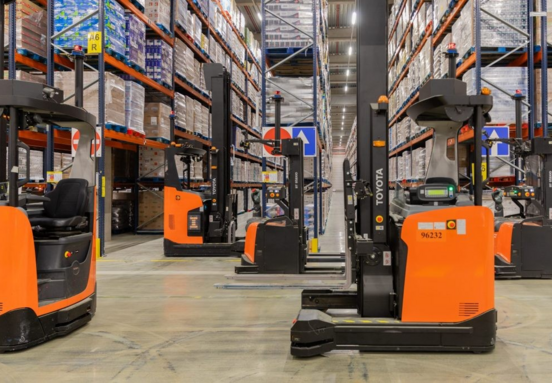VAT: Value Added Tax (VAT) is an indirect tax that applies to sales of products and services. Warehouses are generally considered places for storing products, which means warehouse owners must pay VAT on the rents received from tenants. Warehouse tenants must also pay VAT on the products stored in the warehouse.
Property Tax: Property tax is a local tax that is typically calculated based on the property value of the warehouse. Warehouse owners are responsible for paying this tax, which is usually billed annually.
Business Tax: Business tax is a local tax that applies to businesses. Warehouse owners must pay business tax based on the cadastral rental value of the warehouse.
Corporate Tax: Companies operating warehouses may be subject to corporate tax depending on their legal structure. Sole proprietorships and partnerships are subject to income tax, while corporations are subject to corporate tax.
Business Property Contribution: The business property contribution is a local tax charged to businesses occupying commercial premises, including warehouses. Both warehouse owners and tenants may be required to pay the business property contribution.
Tax on Commercial Surfaces: The tax on commercial surfaces applies to businesses operating commercial premises of a certain size. Warehouse owners may be subject to this tax based on the size of their warehouse.
Environmental Taxation: Environmental taxation applies to businesses that produce waste, consume energy, or use raw materials that have an impact on the environment. Both warehouse owners and tenants may be required to pay environmental taxes.
In conclusion, managing a warehouse involves a variety of taxes and duties. Warehouse owners and tenants must understand these taxes and duties to anticipate their impact on warehouse operating costs. Accounting and tax professionals can assist warehouse owners in navigating these complexities.







